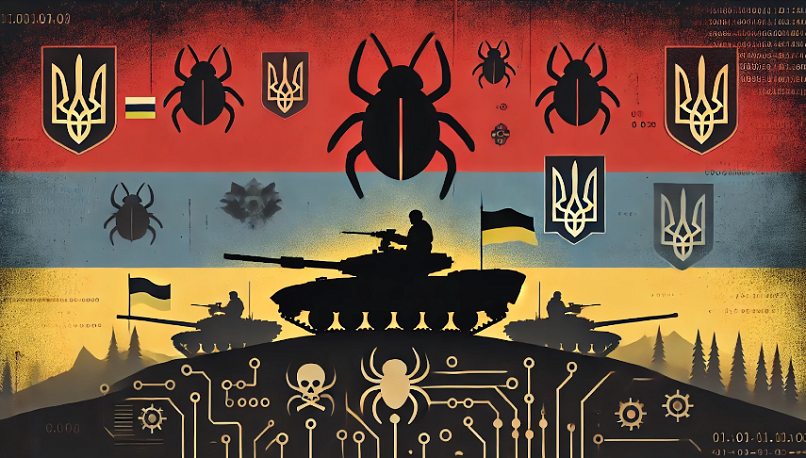Russia Targets Ukrainian Conscripts With Malware

Russian-linked cyber espionage group UNC5812 has been targeting Ukrainian military conscripts with Windows and Android malware in a sophisticated campaign. Disguised as recruitment avoidance tools, the malware has been distributed via a Telegram channel named “Civil Defense” and a website registered earlier this year. The campaign was uncovered by Google’s Threat Analysis Group (TAG) and Mandiant in late 2024.
The primary target of this cyber campaign is Ukrainian men of draft age. UNC5812 promotes what it claims is “free software” to help users track and avoid military recruiters. The apps, branded as “Sunspinner,” are designed to appear as crowd-sourced tools but instead deliver potent malware to compromise victims' devices.
According to Google’s report, the Android version installs CraxsRAT, a notorious remote access trojan (RAT) with capabilities such as real-time location tracking, keystroke logging, and camera control. On Windows devices, a malicious ZIP file drops Pronsis Loader, which initiates a multi-stage delivery chain that results in the execution of the PureStealer info-stealer.
The persona of "Civil Defense" does not impersonate any legitimate Ukrainian governmental body. Instead, it uses Telegram and a website to distribute anti-recruitment narratives, intending to foster distrust towards Ukraine’s military efforts.
To deceive users, the malware prompts victims to disable Google Play Protect, making the infection process seamless and reducing the likelihood of detection. Once installed, the Android malware exfiltrates sensitive data such as contacts, SMS, and credentials. The Windows malware steals browser-stored information, cryptocurrency wallet details, and other sensitive information.
This campaign fits into a broader Russian strategy to use cyber tools as both espionage and psychological warfare. As The Record highlighted, UNC5812 doesn’t just stop at malware. Its influence operations encourage Telegram followers to submit videos of alleged injustices at recruitment centers, further fueling distrust towards the Ukrainian military.
Google’s TAG emphasized the growing importance of messaging apps like Telegram in the broader cyber dimensions of Russia's war against Ukraine. As long as these platforms continue to serve as crucial information hubs during the war, they are likely to remain central to future cyber operations.



Please, comment on how to improve this article. Your feedback matters!